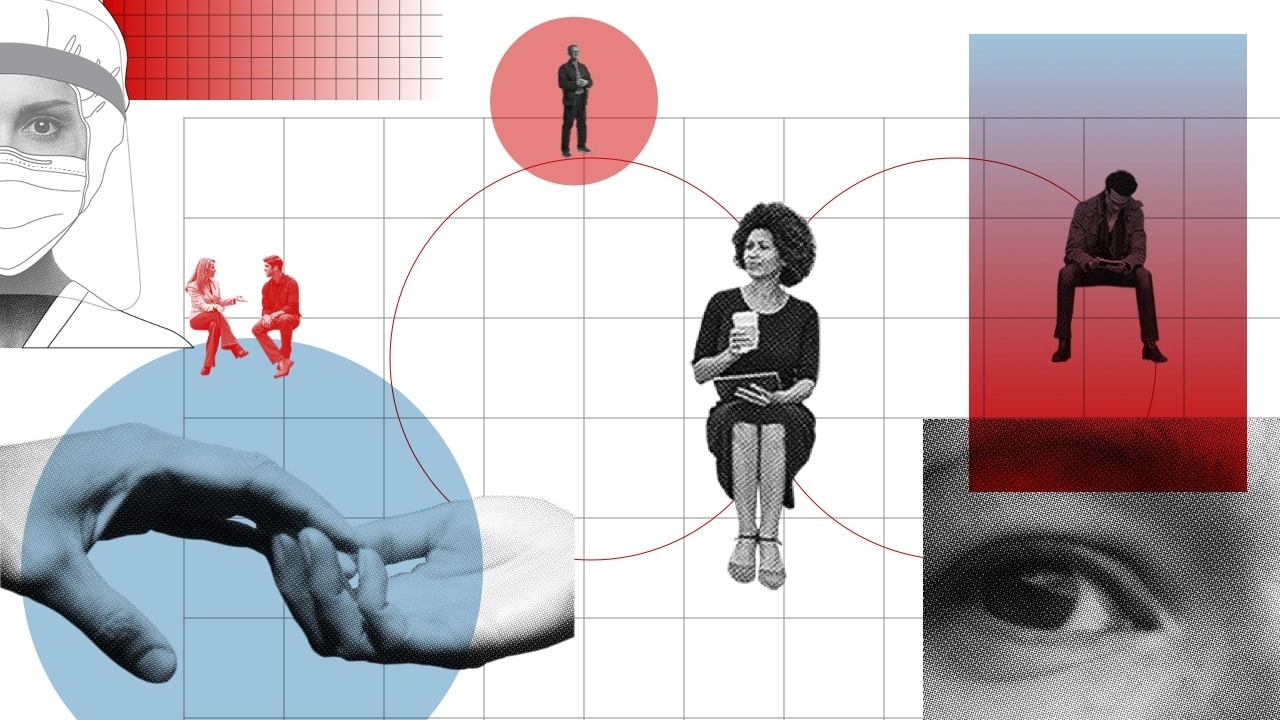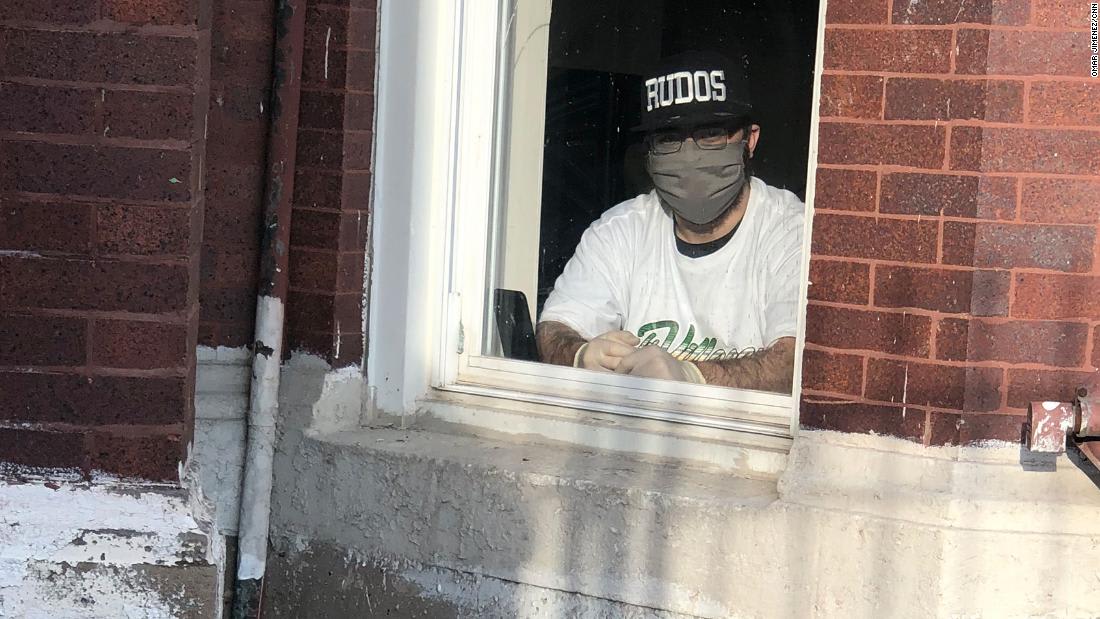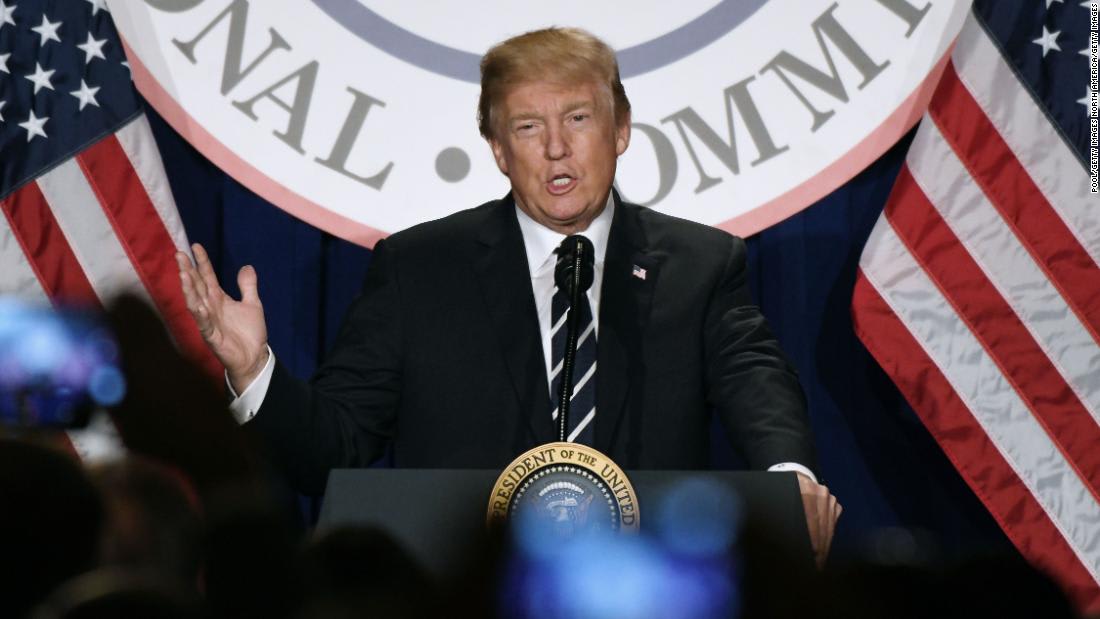The annual Coachella and Stagecoach festivals -- two of the largest music events held in Southern California -- have been canceled over concerns about coronavirus spread, local health officials announced Wednesday.
"I am concerned as indications grow that COVID-19 could worsen in the fall," Riverside County Public Health Officer Dr. Cameron Kaiser said in a statement announcing the cancellation of the festivals. "Given the projected circumstances and potential, I would not be comfortable moving forward."
Festivals area allowed under stage 4 of California Gov. Gavin Newsom's reopening plan and would require treatments or vaccines to permit entry, Kaiser said.
Health officials said they have been in contact with Goldenvoice, the festivals' promoter about the issue.
The Coachella Valley Music and Arts Festival and Stagecoach Country Music Festival were originally scheduled to be held in April but were postponed until October under the direction of Riverside County health officials.
The festivals host hundreds of thousands of people each and were expected to feature big name performers.
Rage Against the Machine, Travis Scott and Frank Ocean were scheduled to headline Coachella, along with performances by Calvin Harris, Big Sean, Lewis Capaldi, Charlie XCX, Flume, 21 Savage, Lana Del Rey and Lil Nas X.
Thomas Rhett, Carrie Underwood and Eric Church had been set to headline Stagecoach.
Read more here




